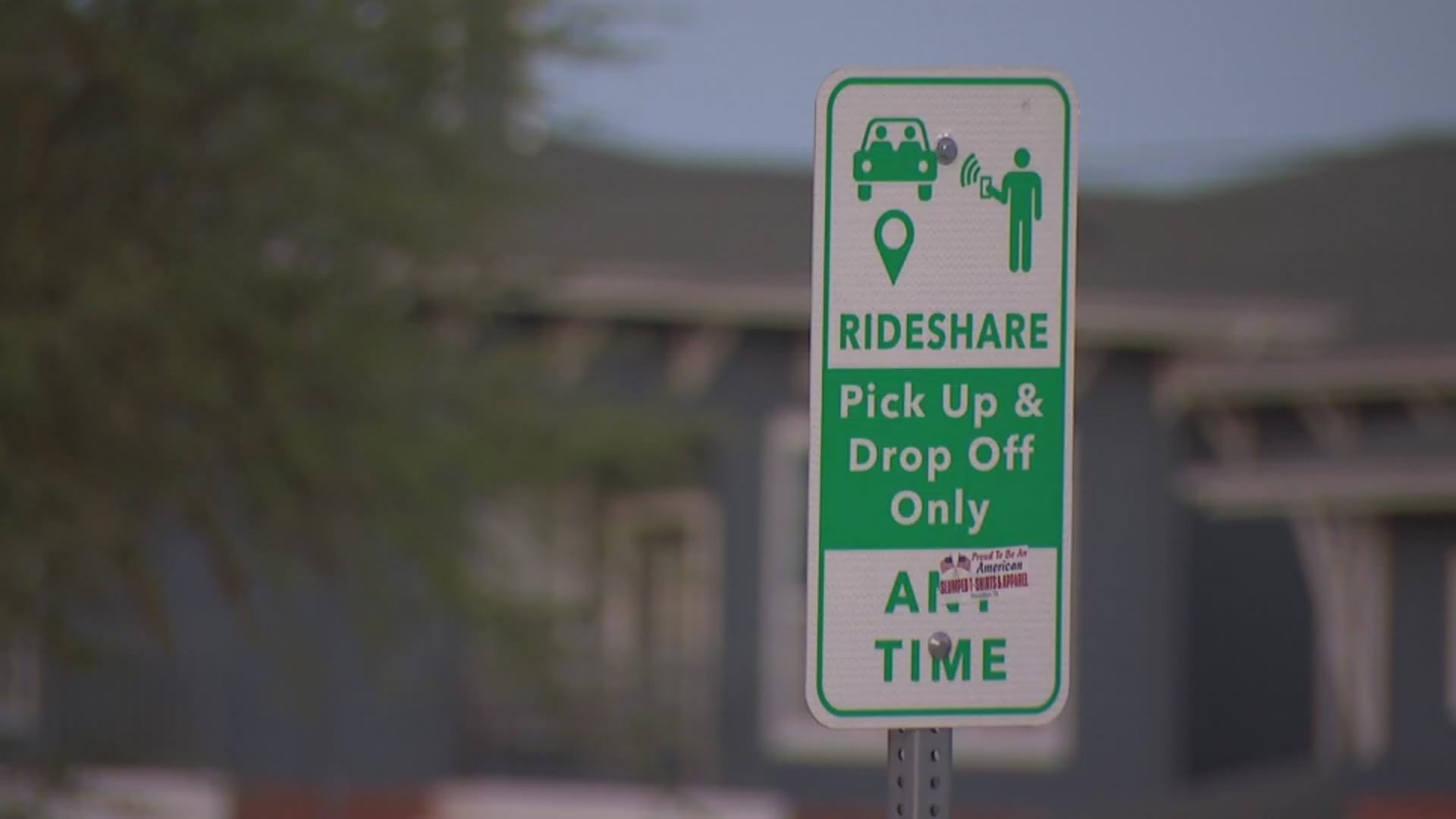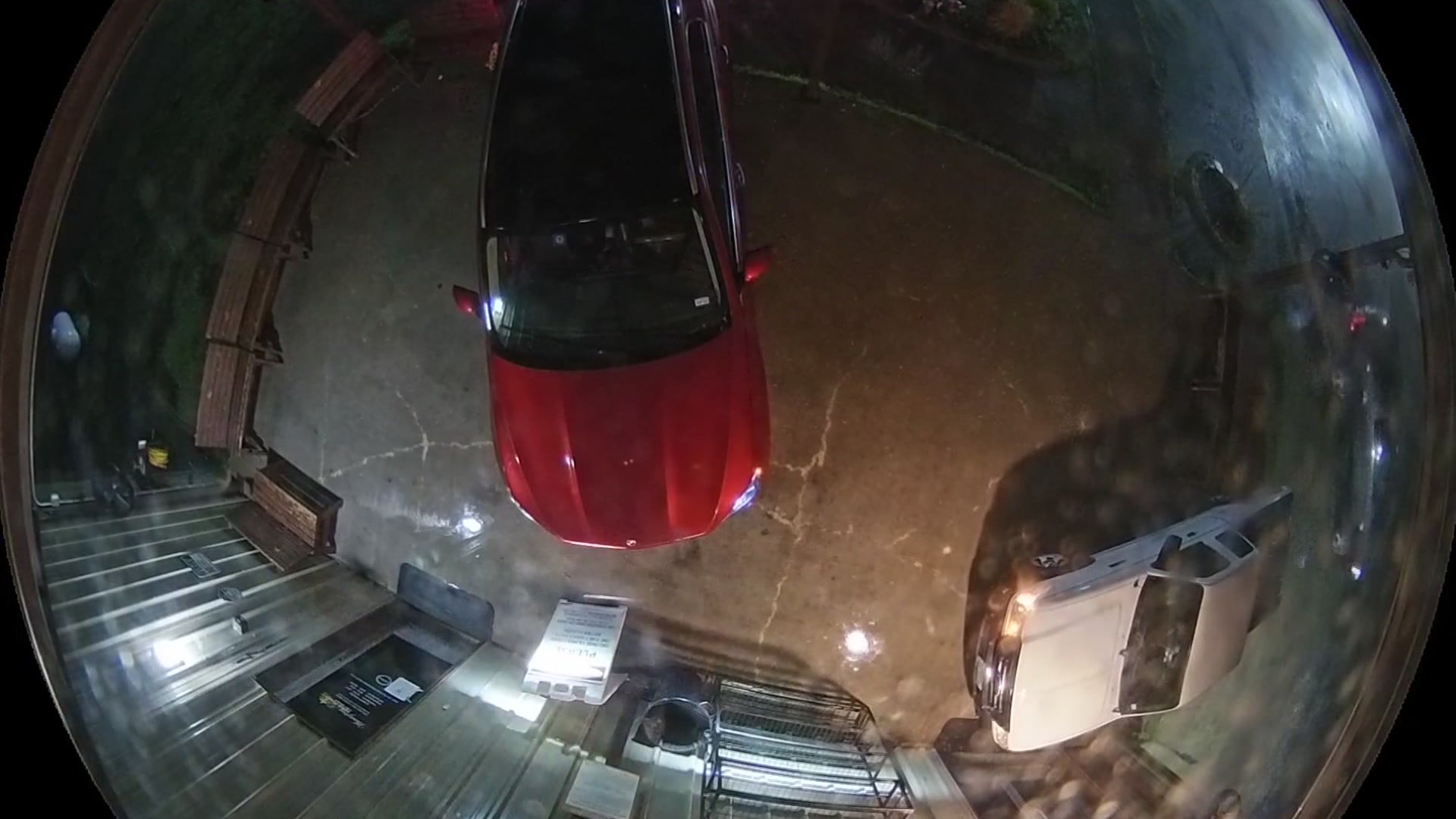Home COVID-19 tests are hard to find, but while they do detect omicron they can miss an infection if you test to early, Doctors say find a PCR test if you think the results are wrong. NBC 5 health reporter Bianca Castro reports on what to do next if you are positive.
As the omicron variant surges in North Texas, more people are looking for and relying on rapid tests.
However, the FDA has cautioned that the rapid antigen tests may be less sensitive to the new variant, especially in the early days of infection.
Watch NBC 5 free wherever you are
We asked Dr. Hafiza Khan, Plano cardiologist and content creator for @heart.beat.doctor to weigh in on at-home COVID-19 antigen tests.
"Well, no test is perfect. The home antigen tests take a while to turn positive, so after experiencing symptoms, the home antigen test may not turn positive for a day or two. The amount of virus has to build up before the home antigen test will turn positive. The other thing to remember is that the antigen tests are not as sensitive as the PCR tests, although they are certainly very convenient," said Dr. Khan.
Get top local stories in DFW delivered to you every morning with NBC DFW's News Headlines newsletter.
Should we even use them?
"Well, first of all, let me start off with the good news. The major home antigen tests that have been checked, such as the Abbott Binax, and the Flowflex, all of those do detect the Omicron variant. So the good news is the antigen tests that we have in the U.S. market are pretty good for detecting Omicron. So, I want to start off with the positive. Number two, though is, if you are symptomatic, it's important to know right away, because you don't want to pass it on to your family, friends, or your co-workers. The PCR tests can take a day or longer to come back. The antigen test, if it's positive, it tells you right then whether you are infectious, you have active virus replicating and whether you could spread it. So convenient if you can find a test and knowing whether you're actively infectious because we need to stop the spread," said Khan.
"If you're home and if your home antigen test is positive, the chances are you are truly infected with SARS CoV-2. So right away, take precautions and isolate yourself. If the PCR test is positive, again, that test is very sensitive. It doesn't tell you whether you're actively infectious, but it definitely tells you that there are RNA particles of the virus in your nose. So a positive test is important to know because we need to stop the spread and start isolating," added Khan.
Local
The latest news from around North Texas.
What if you test positive?
"If you test positive and you're not vaccinated, the day that you test positive, that's day zero, or the day that you develop symptoms, that's day zero. And the CDC says that you need to start your quarantine and isolation right away. And that should continue for at least 10 days if you're not vaccinated."
CDC guidelines for isolation and quarantine vary upon vaccination and booster status, as well as symptoms of illness. You can read them here.




